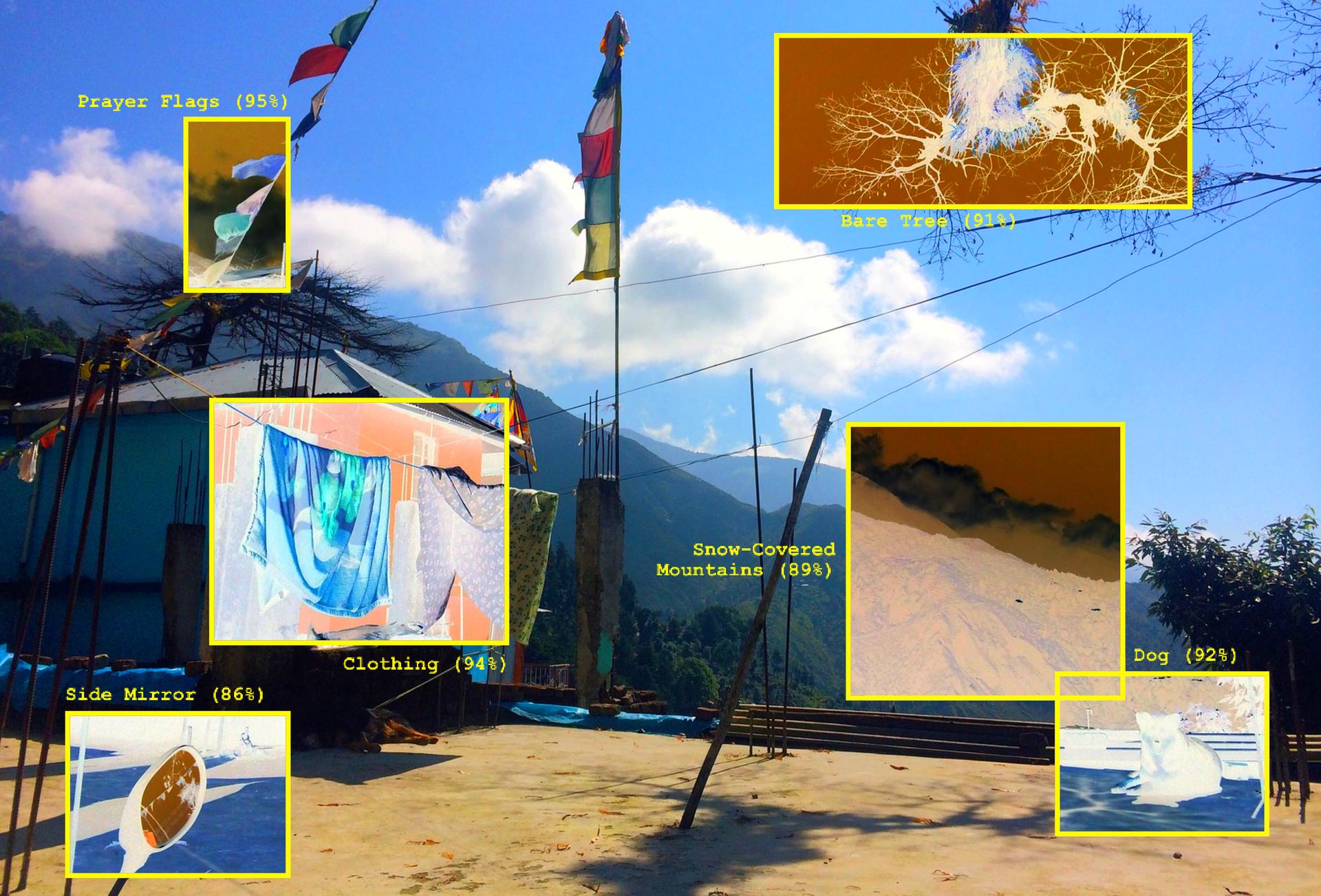
Image Attribution: Elise Racine / https://betterimagesofai.org / https://creativecommons.org/licenses/by/4.0/
AI is the sum of many stakeholders- from governments to businesses to academia- and several resources, like labour, land, and infrastructure, coming together. People engaged in “data work” are key to the continued sustenance of global AI value chains, with the data labeling services market being valued at over USD 18 billion in 2024. At one point, Cognilytica had talked about how 80% of time in AI projects could go into the identification, aggregation, cleansing, labeling, and augmentation of data. This important work is done by people across the world and often through intermediaries that feed into tech sectors. A substantial amount of the AI’s data needs are fulfilled by the Global Majority countries, which include but are not limited to India, the Philippines, and Kenya.
As a paid role, data work has been found to have numerous problems that can make it difficult, sometimes unpaid, low-paying, demanding in its workloads, and, in some formats, like content moderation, traumatising. Workers have pursued a variety of actions against AI players and data firms’ existing practices. In the past, there have been court cases against tech firms that use outsourcing, focusing on labor practices and conditions. For example, content moderators and data labelers have formed organizations, as well as agreements, to pursue rights and improvements in data work.
A wide variety of research and action has attempted to explore and address AI labour’s challenges and concerns. Fairwork AI conducted an “audit” of Sama, identified problems in their organizations, and recommended solutions and minimums to abide by. A recent project from PersonalData.IO and the African Content Moderators’ Union has introduced a mapping of data work outsourcing between tech companies and the Global South. The Data Workers’ Inquiry centers labor in articulating their experiences within data work firms across the Global South, and the problems they face. There have been a number of initiatives discussing the precarities of data work and the pathways to bringing improvements to such roles, as seen in the various calls for action presented by Pollicy, MERL Tech, Superrr Lab, and the Partnership on AI (PAI). Thus, data work is being subjected to a growing amount of research, dialogue, and calls for change from a variety of stakeholders. As the momentum and the exploration build, collaboration and discussions grow in importance.
To foster discussions on the transnational questions of AI and labor, Aapti Institute and the Deutsche Gesellschaft für Internationale Zusammenarbeit (GIZ) are convening a series of regional policy dialogues. The series will focus on promoting discussions on AI value chains and data work in various parts of the Global South. It will explore different regions through a variety of entry points and overarching questions.
- Examining the various practices, concerns and questions surrounding AI actors’ pursuit
of data resources and labor. - Understanding data and algorithms’ contributions to directing AI-related data
production, as well as the problems associated with their use on labor. - Discussing the complications and possibilities of tending to labor rights and well-being in
AI value chains spanning multiple countries.
Over the course of this project, we have conducted three stakeholder consultations, focusing on data work and content moderation in Africa, Southeast Asia, and South Asia.
The labour driving AI value chains is a form of work that has considerable risks and problems, but has also acted as a useful economic opportunity for numerous people. Aapti is eager to engage with workers, representatives, experts and various parties who are involved in the problems of and ways forward for AI value chains and digital economy workers. We would love to hear from interested parties, and can be reached via email at [email protected].


